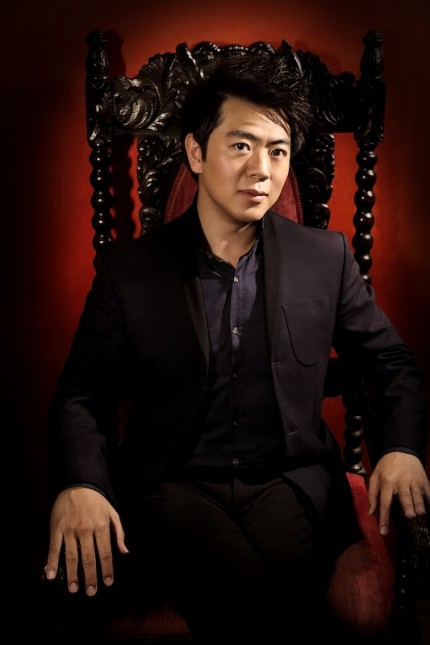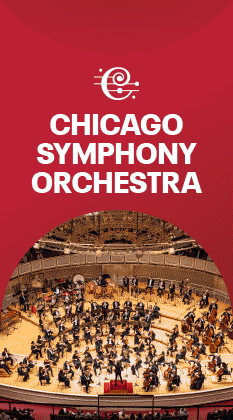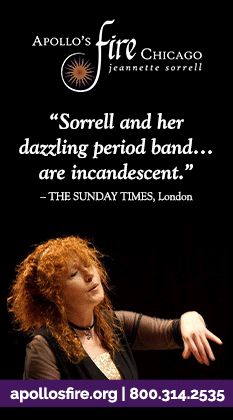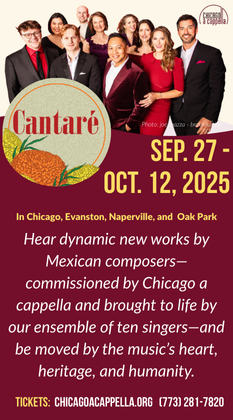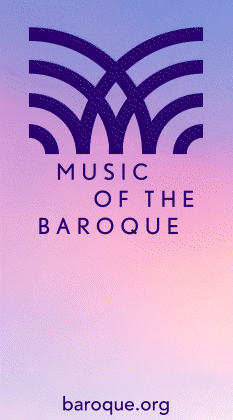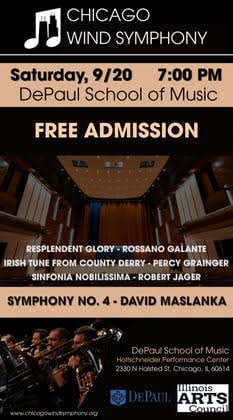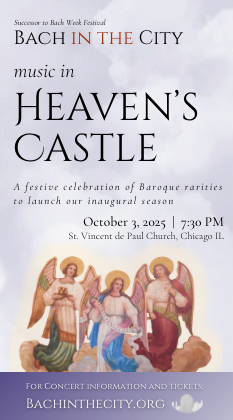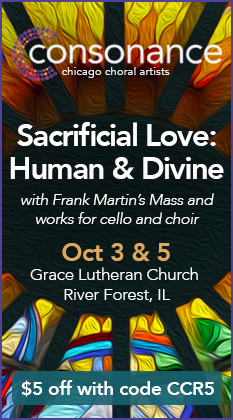Aggressive virtuosity and fitful poetry in Lang Lang’s return to Lyric Opera
Following its regular opera season, another mariachi musical, and Rodgers and Hammerstein’s Carousel, the Lyric Opera of Chicago ended its season in classical style–sort of–with a recital by Lang Lang Saturday night.
Though the evening didn’t have quite the sense of occasion as Lang Lang’s debut at the Civic Opera House in 2012, the superstar manifestations were certainly evident. “This is amazing!” a woman exclaimed, even before the artist had walked on stage. And when was the last time you saw Richard Goode or Emanuel Ax wipe their brow and throw the sweaty handkerchief, Tom Jones-style, to an adoring female fan in the audience?
To provide some degree of intimacy in the vast house, Lyric once again had a camera mounted over the keyboard for a live overhead projection of the pianist’s hands. Rather than having a single large screen suspended over the stage as three years ago, Lyric elected to have two screens high on either side of the stage, Ravinia style, though the fuzzy images looked decidedly low-def.
Those coming for their dose of hero worship and pianistic derring-do were surely satisfied but many of those looking for a deeper response to the music would likely leave feeling disappointed.
An announcement indicated that the order of works on the first half would be reversed from that in the program with Tchaikovsky’s The Seasons first, followed by Bach’s Italian Concerto.
Characteristically, Lang Lang opted for a boldly projected, big-picture take on Tchaikovsky’s twelve seasonal portraits (“The Months” would be a more accurate title). There was ample blazing bravura in the showier miniatures, like “Carnival” and “The Hunt,” as well as musing introspection in “Autumn Song” and the famous “Barcarolle.”
Yet the poetry was fitful at best. One couldn’t help feeling that the expressive intimacy of these atmospheric miniatures was largely subsumed by Lang Lang’s big-screen playing and personality. In the Chinese pianist’s super-sized Seasons, every note was louder, every accent forcefully punched out, every lyrical line drawn out to a point of indulgence. Never for a moment did we forget we were hearing Lang Lang rather than Tchaikovsky.
The Bach proved more satisfying, bright and boldly articulated, the contrapuntal writing clear and bracing. Here too the Andante was stretched and romanticized, though the pianist’s shaping of the line conveyed the poised melancholy of Bach’s slow movement. Fast and hard-edged, the concluding Presto sacrificed charm for aggressive jollity.
Few pianists would perform all four of Chopin’s Scherzos in one evening—let alone one after the other–largely because few can.
Lang Lang’s technique is probably unequalled among today’s pianists (his compatriot, Yuja Wang comes closest). It was astonishing to see him romp through these tortuously demanding works at lightning speed without dropping a single note. The final section of No. 3 was a truly stunning feat of virtuosity, the pianist’s fingers a blur in the overheard image.
Yet while the Scherzos are among Chopin’s most brilliant showpieces, these are also dark and dramatic works of greater narrative complexity not suited to mere Lisztian pyrotechnics. The middle sections were given the same zooming close-up without quite cohering with the framing music. Even in these roiling dramatic works, the playing felt far too loud and too edgy, missing an essential compensating elegance and charm. But this was not a night for subtlety or understatement.
The rapturous ovations brought Lang Lang out for two encores. He offered a light and scintillating Chinese folk song, Carol Dance, for Mothers Day–his own proud mother was in the audience Saturday—followed by a warp-speed race through Mozart’s Rondo alla Turca. There is no musical reason to play the Mozart at such a blinding tempo, but never mind the why and wherefore. Because this is, after all, Lang Lang.
Posted in Uncategorized
